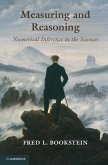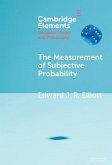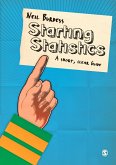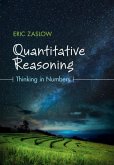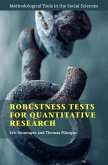Is college worth the cost? Should I worry about arsenic in my rice? Can we recycle pollution? Real questions of personal finance, public health, and social policy require sober, data-driven analyses. This unique text provides students with the tools of quantitative reasoning to answer such questions. The text models how to clarify the question, recognize and avoid bias, isolate relevant factors, gather data, and construct numerical analyses for interpretation. Themes and techniques are repeated across chapters, with a progression in mathematical sophistication over the course of the book, which helps the student get comfortable with the process of thinking in numbers. This textbook includes references to source materials and suggested further reading, making it user-friendly for motivated undergraduate students. The many detailed problems and worked solutions in the text and extensive appendices help the reader learn mathematical areas such as algebra, functions, graphs, and probability. End-of-chapter problem material provides practice for students, and suggested projects are provided with each chapter. A solutions manual is available online for instructors.
Dieser Download kann aus rechtlichen Gründen nur mit Rechnungsadresse in A, B, BG, CY, CZ, D, DK, EW, E, FIN, F, GR, HR, H, IRL, I, LT, L, LR, M, NL, PL, P, R, S, SLO, SK ausgeliefert werden.



